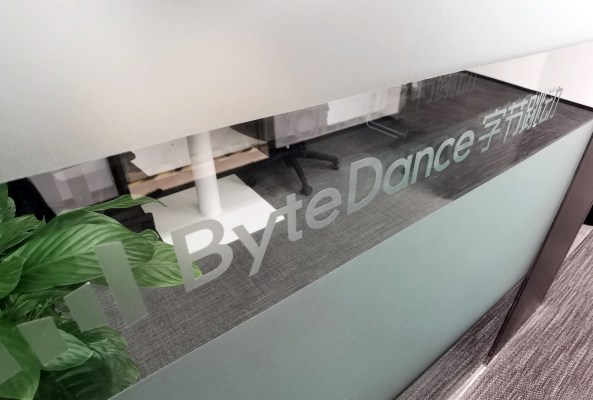
ByteDance’s foray into gaming has not gone as planned.
In late 2021, ByteDance’s plans to venture into video games became a focal point when it was designated as one of the company’s six core business units. This move posed a new challenge to established players such as Tencent, NetEase, and rising star MiHoYo. However, after two years of underwhelming performance, the gaming division, known as Nuverse, is significantly scaling back its operations, catching many employees off guard.
“We regularly review our businesses and make adjustments to focus on long-term strategic growth areas. Following a recent review, we’ve made the difficult decision to restructure our gaming business,” a ByteDance spokesperson told TechCrunch in a statement.
The round of mass layoffs started on Monday, leaving many Nuverse employees uncertain about their future. While the extent of the restructuring’s impact on the workforce remains unknown, Nuverse had quickly grown to around 3,000 employees in 2021 and has largely maintained that size over the past few years, as reported by Chinese tech news outlet LatePost.
ByteDance had also made significant investments in acquisitions, including a $4 billion purchase of a promising Shanghai-based studio called Moonton. Reuters reported earlier this month that the firm is seeking to divest the studio and has held discussions with a Saudi Arabia-based firm.
Reuters initially broke the news about the layoffs on Monday morning, stating that ByteDance would soon announce the “winding down of its Nuverse gaming brand and full retreat from mainstream video games,” citing sources. However, ByteDance’s statement suggests that parts of the team will be retained.
ByteDance’s struggles in video games, as well as its virtual reality initiative, Pico, raise questions about the universal applicability of its data-driven, A/B testing strategy that propelled TikTok to global dominance. While ByteDance has amassed an unparalleled wealth of consumer insights through its short-video apps, achieving success in video games requires a longer, more patient creative process and is arguably less predictable than the instant gratification provided by dopamine-fueled video clips. Both of its competitors, Tencent and NetEase, have been dedicating more resources to games with lengthier development cycles.
With no breakthrough title or commercial success after two years, the positioning of Nuverse as one of ByteDance’s key revenue drivers is undoubtedly under close scrutiny by the company’s management team. ByteDance remains one of the few Chinese internet giants that have not gone public, partly due to its involvement in escalating U.S.-China tensions.
The sizable layoffs at Nuverse compound the challenges facing the Chinese internet industry, which has been grappling with a broad regulatory crackdown in recent years, leading to subdued businesses and reduced workforces. The video gaming sector, in particular, was significantly impacted by a suspension in license approvals. Although the process has resumed, the industry’s recovery has been limited by macroeconomic challenges.









